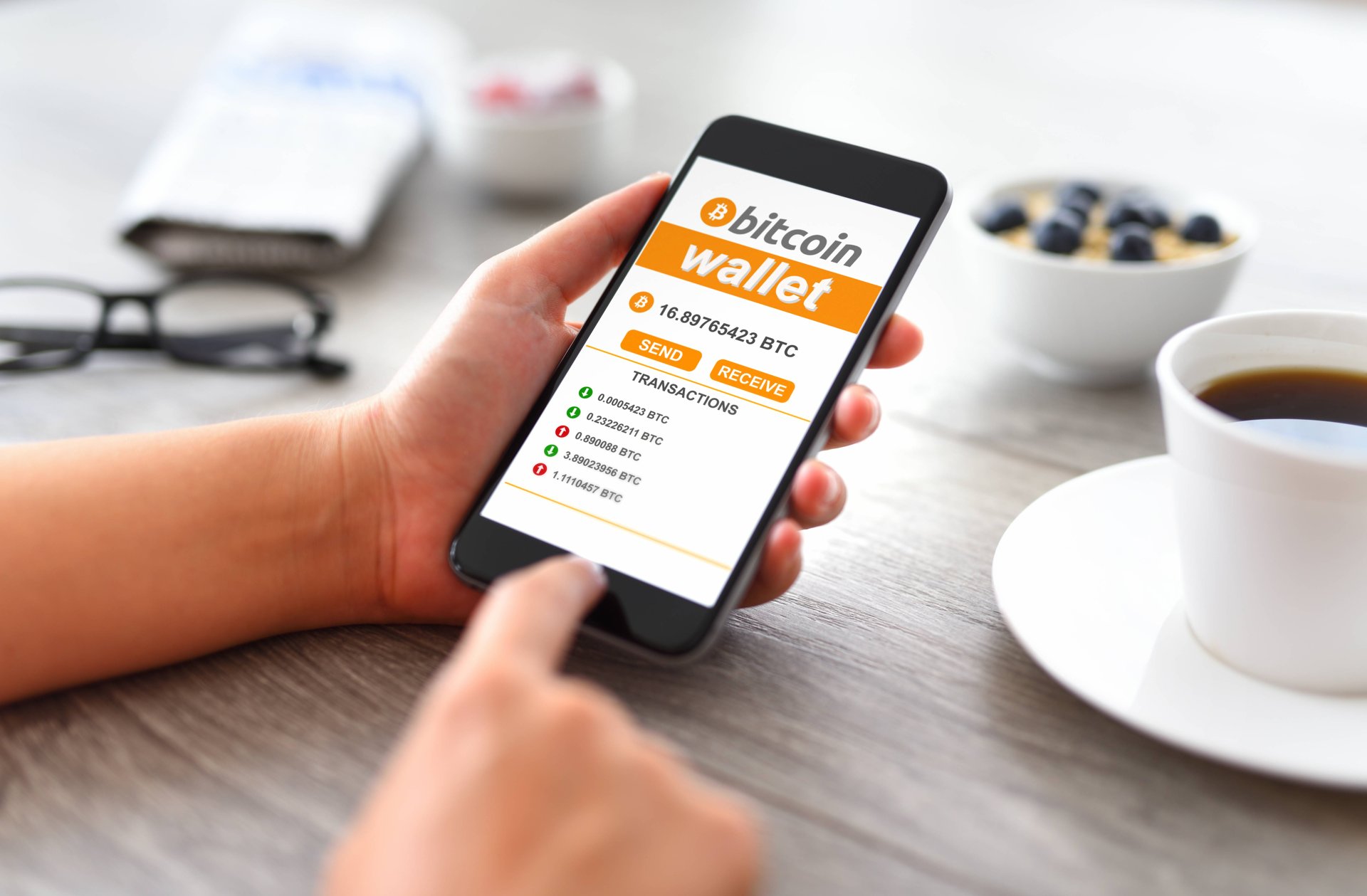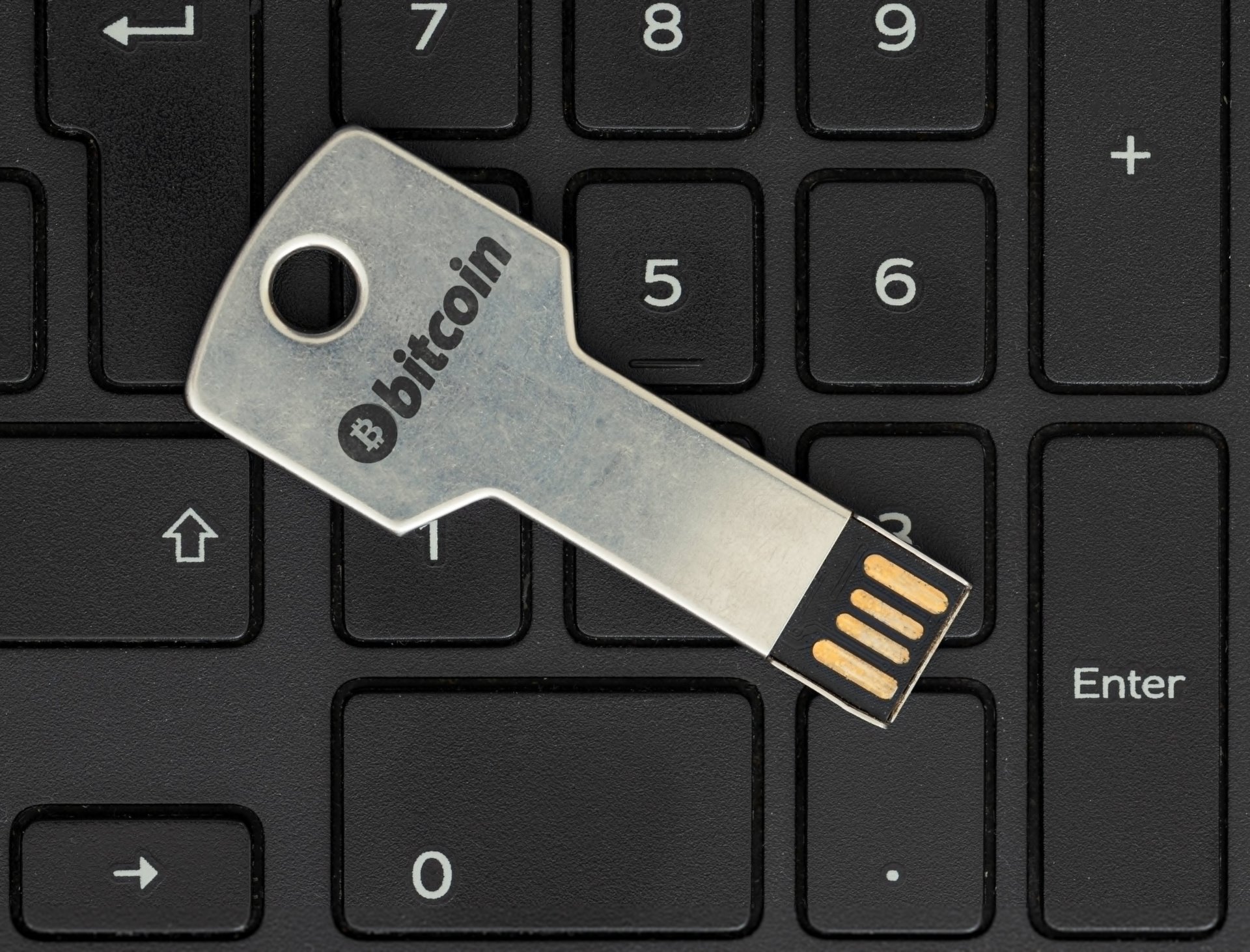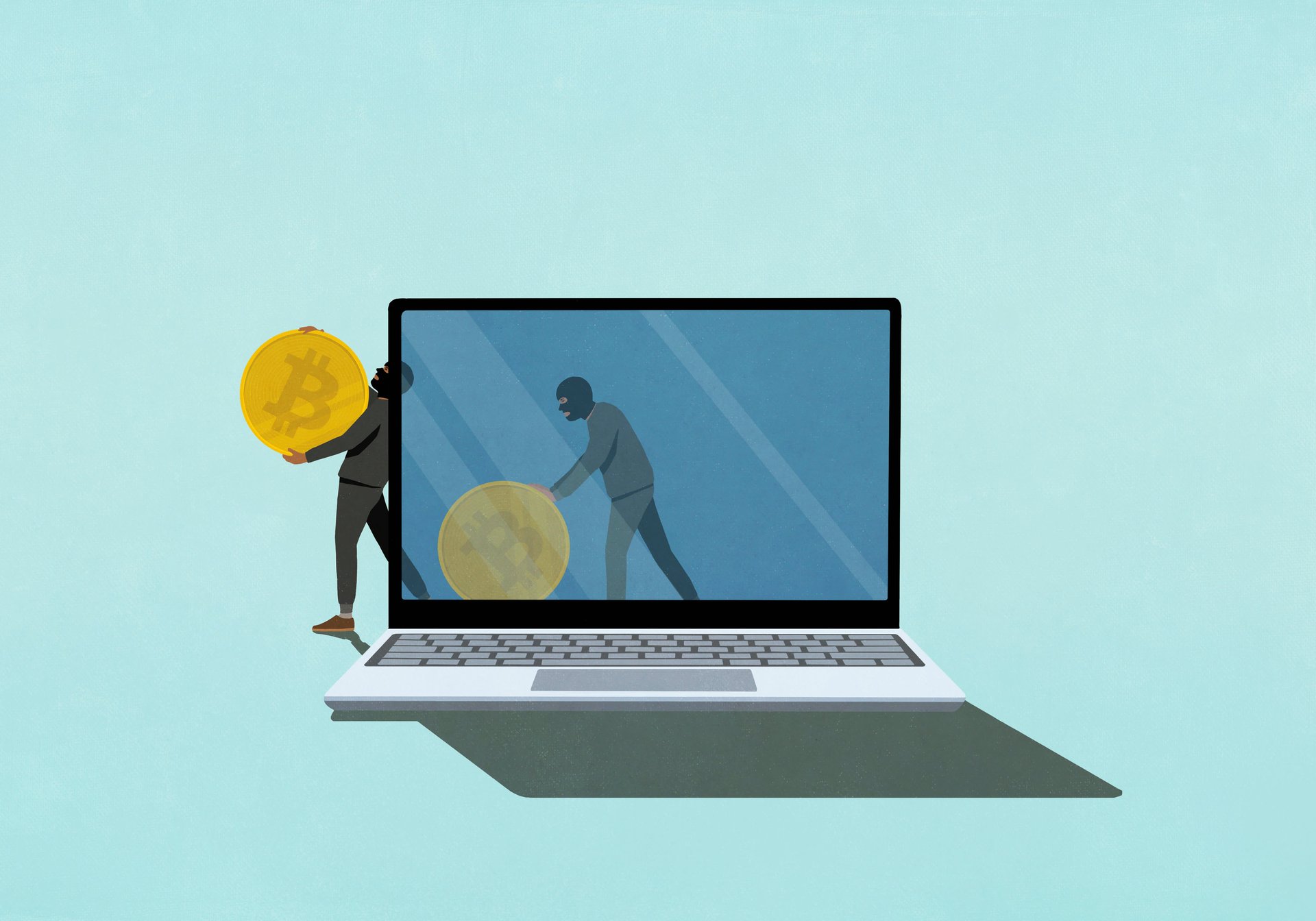What to know about crypto wallets and how to pick the right one for you
There are different types of cryptocurrency wallets and a lot to consider when choosing one

Much like a traditional wallet, a crypto wallet is a place where you store your currency. These digital tools are available in various forms and can also be used for sending and receiving cryptocurrencies.
Technically speaking, crypto wallets do not “store” cryptocurrency itself. Instead, the crypto wallet generates an address that identifies the user’s digital assets on the blockchain. Crypto wallets require an internet connection to access the blockchain network associated with the specific cryptocurrency.
When choosing a crypto wallet, you’ll need to consider whether you want it to be hot or cold, custodial or non-custodial wallets, as well as other features that affect their security and compatibility. Read on to learn more.
2 / 7
First, understand what public and private keys are

First, it’s crucial to understand the concept of public and private keys.
A public key is similar to a bank account number. It can be shared with people so they can transfer cryptocurrency to your wallet. A private key, meanwhile, is more like a password: It’s used to access funds or sign a cryptocurrency transaction. It is crucial to keep the private key secure.
Cryptocurrency wallets can either be custodial or non-custodial, depending on who controls the private key or has access to it.
3 / 7
Custodial vs. non-custodial crypto wallet

A custodial wallet is a wallet where a third party, usually a crypto exchange, is responsible for managing the user’s private keys. This means your wallet’s key is in someone’s hands.
A custodial wallet is helpful for beginner crypto traders who are unfamiliar with managing their private keys. However, if the crypto exchange goes bankrupt, users may lose access to their private keys and, hence, the crypto wallet.
When considering a custodial wallet, it’s crucial to select a reputable crypto exchange or service provider that can keep the private keys and funds secure.
In contrast, non-custodial wallets give users complete control over their keys and assets. They don’t depend on any third party, like a crypto exchange.
There’s a common phrase in crypto: “Not your keys, not your crypto.” This means, if a crypto trader loses access to the private keys, he/she will lose access to all of the cryptocurrencies stored in the wallet.
In a non-custodial crypto wallet, the trader is responsible for storing and managing their private keys. Since it’s extremely difficult to retrieve a lost private key for non-custodial wallets, users need to be careful to store their keys in a safe place.
4 / 7
Hot wallets vs. cold wallets

A hot wallet is always connected to the internet or a device with an internet connection. It’s ideal for those who trade or use cryptocurrencies frequently.
A cold wallet, on the other hand, is not connected. It’s a hardware storage device that looks like a USB device and is used to keep the data offline. A cold wallet is a good option for those who want to take extra caution to protect their wallets from any online fraud.
5 / 7
Software wallet

Software wallets are applications that are installed on mobile devices, laptops or desktops. Using this, a user can easily access the cryptocurrency, start trading, check the balance, and more. Software wallets are generally hot wallets.
Some software crypto wallets are created by cryptocurrency exchanges, like Coinbase’s Coinbase wallet. Others are developed by software companies, such as the MetaMask crypto wallet, which is created by Consensys, a blockchain software company.
6 / 7
Hardware Wallet

Hardware wallets are physical devices similar to USB sticks that offer a secure method of storing cryptocurrencies. They keep private keys offline, significantly reducing the risk of online theft. By connecting a hardware wallet, one can conduct a cryptocurrency transaction on a mobile or computer device.
Hardware wallets are generally considered cold wallets because they do not have an active connection until they are plugged in. The devices typically cost between $100 and $200. Examples of hardware wallet cryptocurrencies include Ledger and Trezor.
7 / 7
Paper Wallets

In the early days of cryptocurrency, users would write or type their private keys on a piece of paper, which was known as a paper wallet. Over time, they began to incorporate QR codes, making it easier for mobile devices to scan them.
However, paper wallets are prone to damage or loss, and as a result, many cryptocurrency owners no longer use them. That said, there is nothing wrong with using a paper wallet so long as you take precautions to store it securely in a safe or deposit box and check on it occasionally to ensure it hasn’t been damaged.